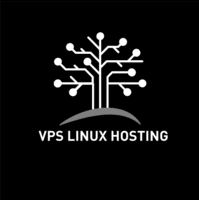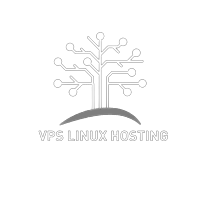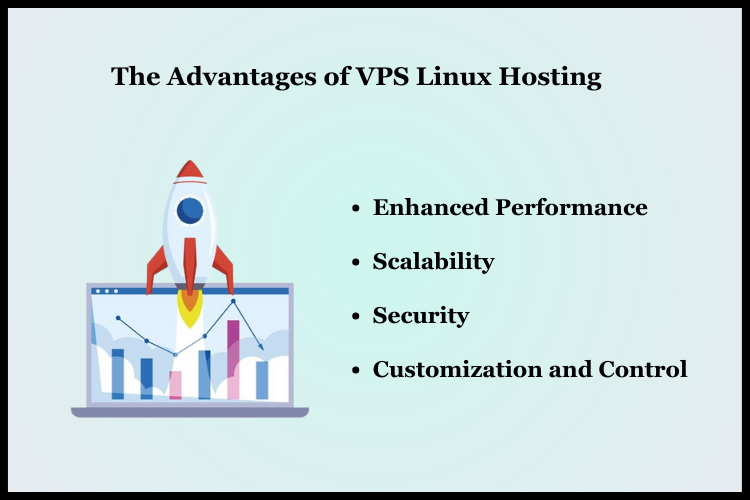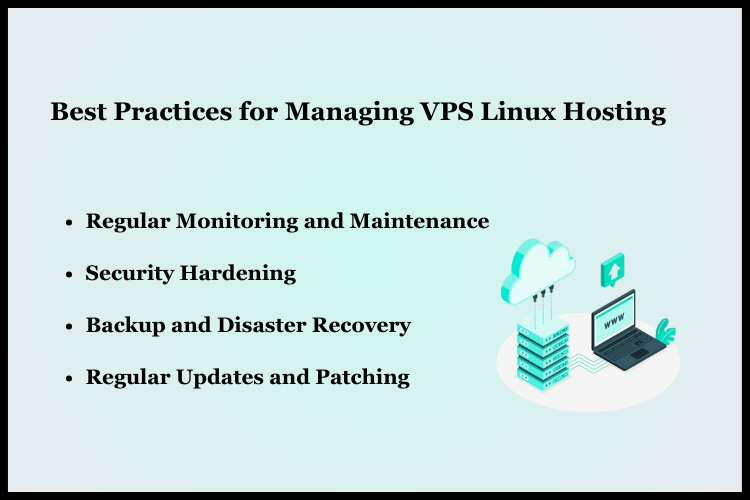Summary

Article Name
How Can You Scale Your Online Application with VPS Linux Hosting?
Description
As businesses strive to meet the demands of a growing user base and ensure seamless performance, Virtual Private Server (VPS) Linux Hosting emerges as a powerful solution.
Author
Dikshita
Publisher Name
VPS Linux Hosting
Publisher Logo



